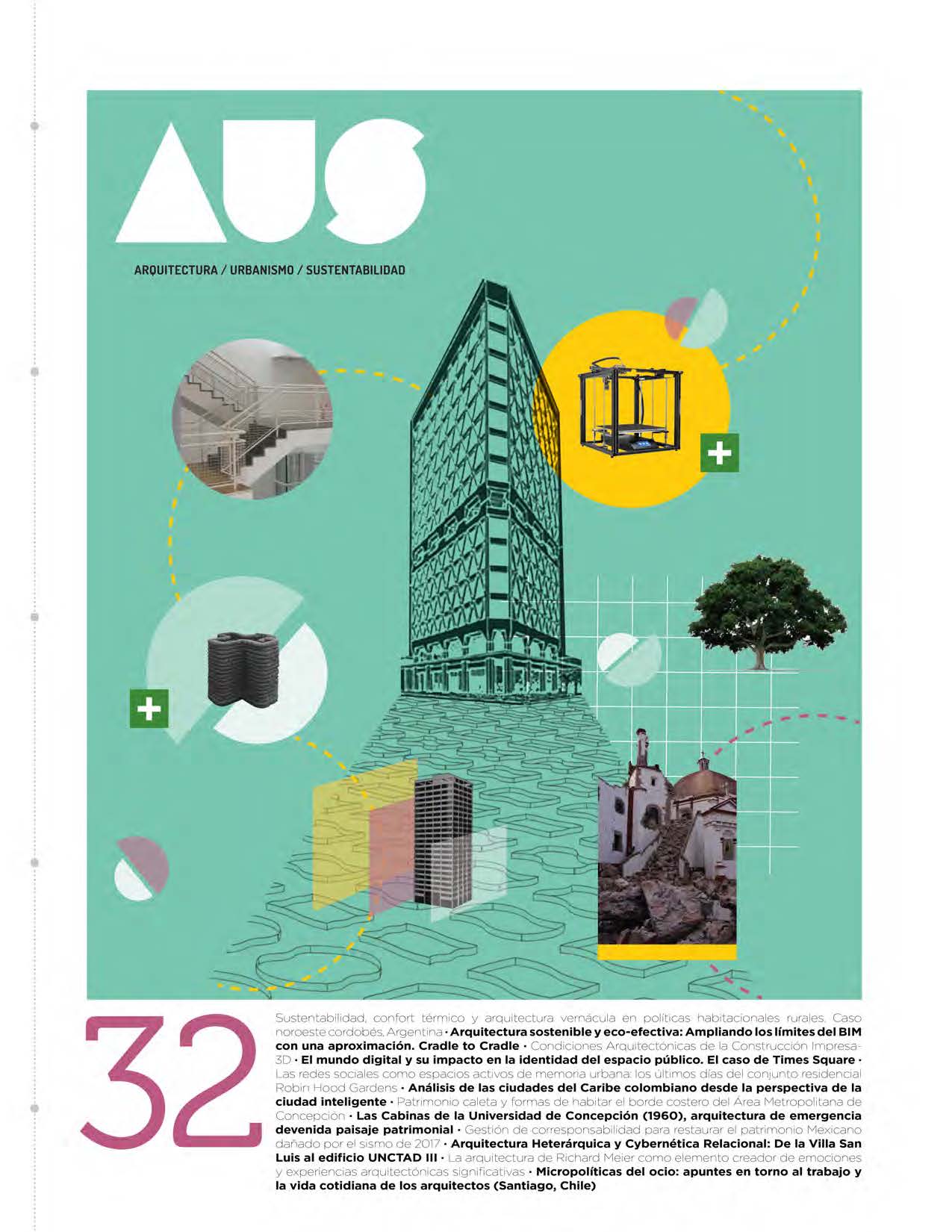Coves’ Heritage and Ways of Inhabiting the Coastal Border of the Concepción Metropolitan Area
Main Article Content
Abstract
Artisanal fishing coves are communities that have historically taken ownership over coastal borders by means of different social-spatial practices. Based on that, they have built their own way of living which is an expression of a relevant cultural heritage. The paper discusses the elements that make up this cultural heritage –in the Tumbes and El Morro coves, commune of Talcahuano– as well as the different agents and processes that have marked their construction and transformations. The task is addressed from a qualitative and quantitative methodology and introduces techniques such as ethnographic analysis, interviews, and observations (participants and non-participants). The findings reveal the complex and political nature of a coves’ heritage, formed by every day and historical elements and practices that have emerged and persist even under strong economic and political pressure. This has consolidated some aspects of their culture, while directly impacting their preservation and valorization.

